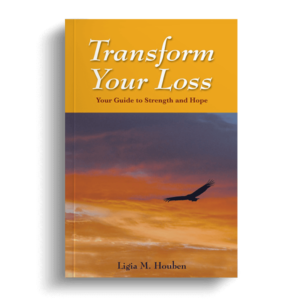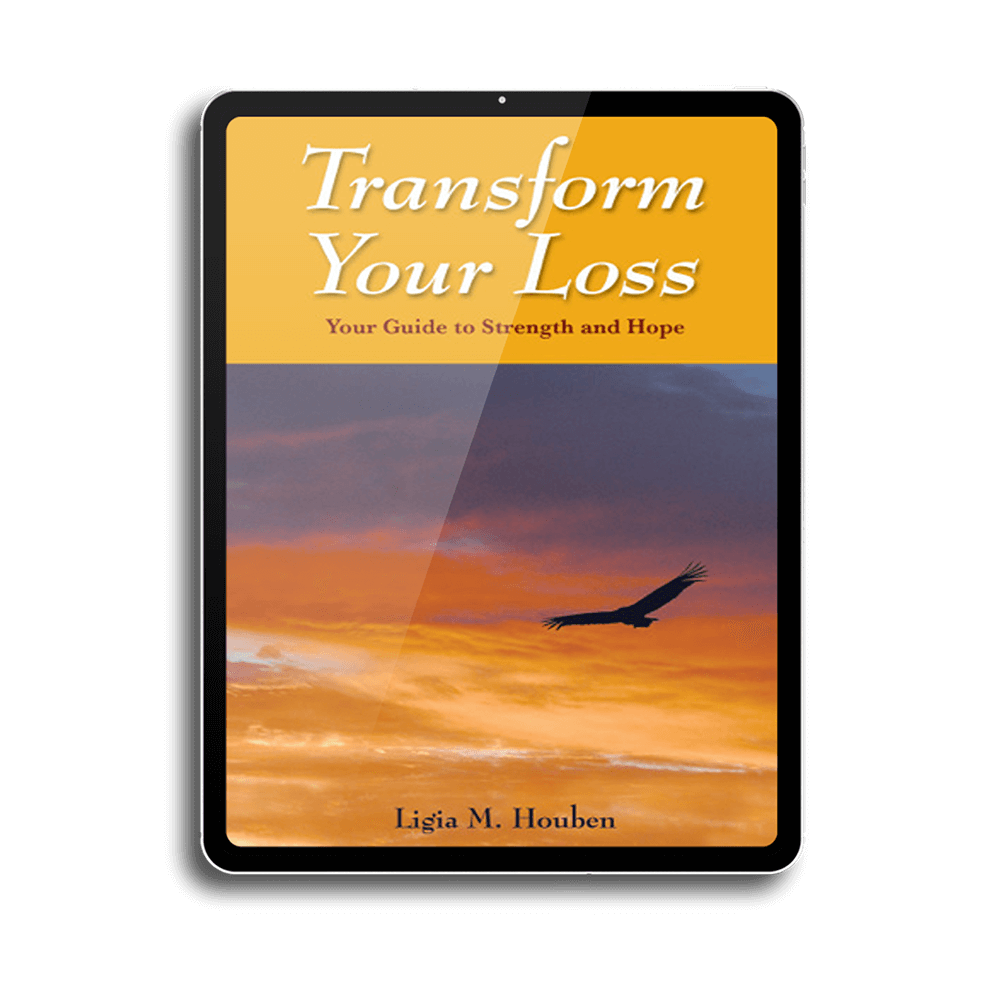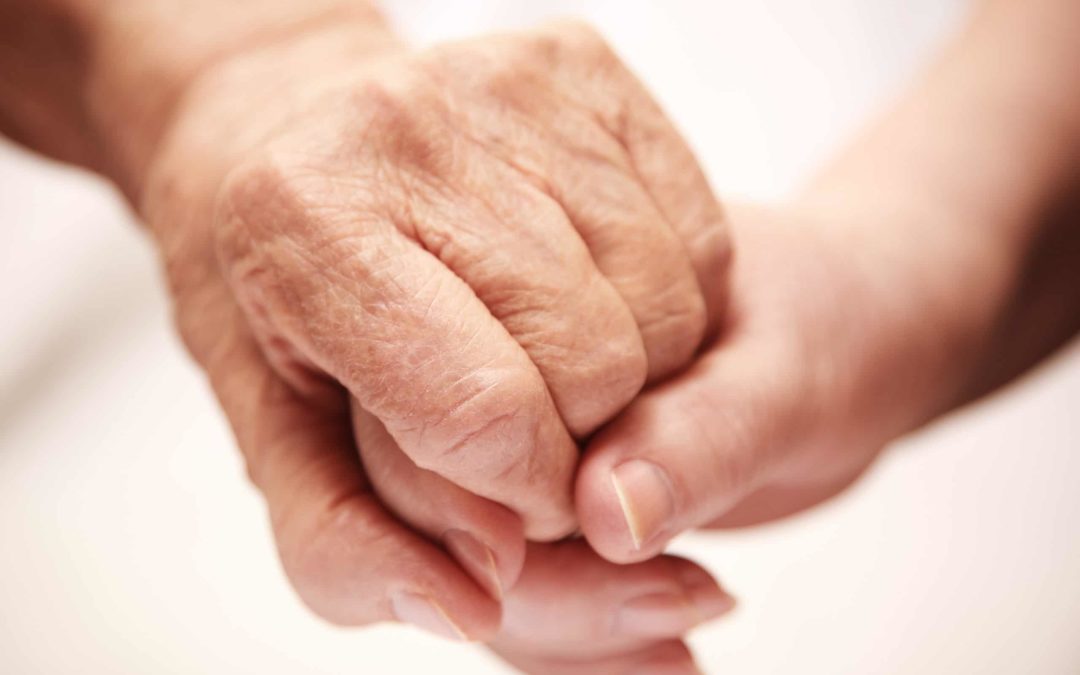
by Ligia Houben | May 8, 2021 | Blog US
In any love relationship, there is the potential for an argument to arise. No one is exempt from this happening as we are complex beings, and the relationships themselves can also become complexed.
In this article, I want to share what I think can help you understand how discussions arise and what to do to reconcile from the heart.
Let’s start by understanding that we are human beings, and sometimes we make mistakes. Sometimes we unwittingly hurt, say an inappropriate phrase, or act without thinking about the consequence of our actions. It may be hard for you to forgive yourself, and you stay in a state of guilt. Just as I tell my clients when they experience guilt, I invite you to ask yourself:
What was my intention?
Did I want to hurt the other person?
Remember, before any action, there is an intention. If it was not your desire to hurt the other person, understand your human condition and that, like everybody else, you can make a mistake. Ask for forgiveness from the heart, forgive yourself, and let go. Focus on continuing to build the relationship with your loved one, learning about what happened to continue to grow and evolve.
If, on the other hand, you find yourself in a situation where you are hurt and find it difficult to forgive the other person, I invite you to reflect.
First, evaluate what has happened and whether it warrants that you are in that state.
How serious is the situation? What provoked it? If you feel that your loved one hurt you, I invite you to make this reflection, which we often use when doing forgiveness work:
Think about what has hurt you about the other person and ask yourself if you have ever acted similarly. Also, consider whether your intention at the time was to hurt the other person, considering that you, too, are human and make mistakes.
When facing a situation that has bothered or hurt you, you have two options: talk about it and decide to come to a reconciliation, or stay in that space of pain and discomfort, which does not help heal and release. I hope you opt for the first one.
Remember, your life has meaning.
Ligia M. Houben

by Ligia Houben | Apr 29, 2021 | Blog US
Facing situations when we feel insecure or restless can give us a sense of uncertainty. As human beings, one thing we need to feel is security; it’s having a sense of control and knowledge about what’s happening to us, and the future we have in front of us.
What happens when we are lacking this security and feel lost, without a direction?
This situation can give us a sense of anxiety, restlessness, frustration, fear, and helplessness. Instead of helping us, these emotions make us feel worse in the face of uncertainty, as we doubt can set in and we can make the wrong decisions.
There are different situations in which we may experience uncertainty. Among them we find the reality of Covid-19, and how this has touched our lives, personally and collectively.
We have experienced great uncertainty related to our health, work, financial situation, lifestyle, vaccine use, and a promising future. All these elements have caused that many of us live in a constant sense of unease and fear. Besides the reality that has touched us living with the pandemic, we face a number of situations on a personal level that may feel that we do not have the answer on how to proceed. I want to remind you that there is a difference between caution and fear.
If we allow fear to overtake us, we can become paralyzed, unable to make decisions and take action.
In times of uncertainty, the best we can do is to have an action plan and strategies to implement.
I share these strategies that can help you deal with uncertain times:
First of all, recognize that it is impossible to have complete control over everything that happens to us and this requires adaptation on our part. Write down some situations in the past where you had no control. Notice which of your strengths helped you adapt and cope. It is extremely important to revalue our internal resources for use in times of doubt and uncertainty.
Situations that we have no control over can usually make us feel unable to face life and we let ourselves be handled by external factors. Because of the pace of life so hastily that we carry, sometimes we stay as automatons simply reacting without realizing that we give control of our emotions to external factors and others. At the moment is when we want to reassess how we act and see if our own handling of the situation contributes to that sense of uncertainty.
Focus on today and integrate methods such as meditation and deep breathing to handle any concerns about uncertainty. Keep in mind that exercise also helps us greatly to release those emotions that make us feel more restless and insecure.
Finally, it helps us greatly to be aware of the things on which if we have certainty and control. Focus on them and make decisions concerning them with safety and inner strength.
Remember, your life has meaning!
Ligia M. Houben
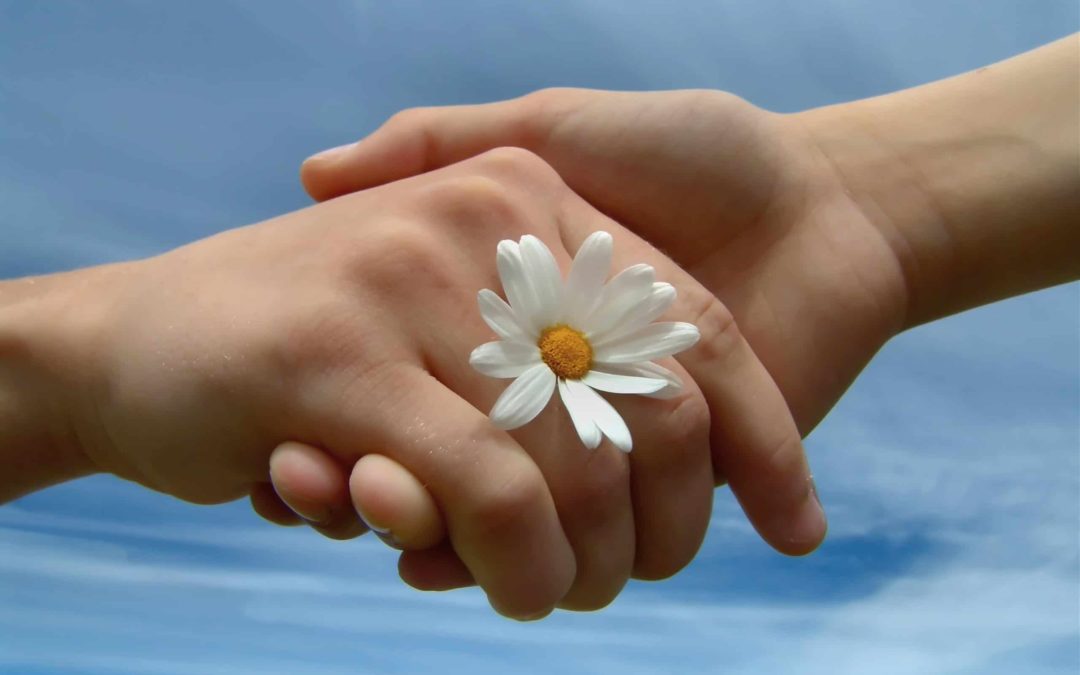
by Ligia Houben | Apr 8, 2021 | Blog US
Does this question touch you? If you are, there is something in your heart that needs to be released.
Before answering this question, take a pause and reflect. I intend to bring to your awareness any baggage you may be carrying in your heart that makes you feel unease and uncomfortable. Once you identify the baggage, you can start embracing forgiveness in your heart. Still, is it easy?
Forgiveness is the act of releasing any hurt feeling, any resentment, any grudge you may be harboring toward anyone and deciding to let go because it is a decision you make. It is a choice that has the potential of liberating your spirit and giving you peace and joy.
Some people, when facing a loss, may have encountered situations where forgiveness can be a challenge. Still, to heal, we must open our hearts to forgiveness. In the system, The 11 Principles of Transformation® I included forgiveness in Principle III, “Develop your spiritual dimension.” I believe, to transform our loss from the inside out, we need to forgive.
To fully forgive others, we must embrace compassion, which is a powerful emotion that goes beyond understanding or empathy. If we welcome compassionate understanding, our lives move to a more spiritual and fulfilling place. When we have been hurt, our resentment will not change the experience, but it can make it even more present throughout our lives. The more we think about the issue which hurts us, the bigger it becomes and the more hurt we feel. Does it benefit us?
There is a saying that goes, “forgive and forget.” In that case, I know it is a little more complicated. Unless someone erases it from our memory (which cannot be done!), we cannot forget issues that happened to us unless we repress them.
However, if we learn to remember without pain in our hearts, I would say we had forgiven.
Now, I have been referring to forgiving others. What about ourselves? As human beings, we make mistakes, and some of these mistakes may hurt other people (many times the people we love the most). What to do in this case?
I would suggest you do two things:
First, ask for forgiveness. It is a wonderful feeling to make amends with others….and the other action I suggest you to take is to forgive yourself.
Be compassionate and loving with yourself, and you will feel lighter.
Keep in mind that the person who benefits the most is…You!
Remember, your life has meaning!
Ligia M. Houben

by Ligia Houben | Mar 20, 2021 | Blog US
To possess self-confidence is to believe in ourselves and in what we can do. It is to have assurance in our abilities. We can experiment with self-confidence in different areas of our lives, whether personally or professionally. It is to feel that despite any obstacle, we can achieve what we want to accomplish.
When due to some experience of the past or some obstacle you face now, you begin to doubt yourself, that self-confidence begins to shake, and you may find yourself filled with doubts. Lack of self-confidence can prevent you from being the person you want to be. You may want to succeed as a great speaker, and a lack of self-confidence doesn’t allow you to speak in public. You may want to have a beautiful relationship with your partner, but your lack of self-confidence can make you feel insecure; you may face a great loss in your life, and your lack of self-confidence and the ability to bounce back makes you doubt whether you can recover and embrace life again.
Our mind begins to entertain thoughts full of doubt and anxiety. The messages we give ourselves are focused on what we lack, and this brings more anxiety. Losing self-confidence affects our self-esteem and self-worth.
On the other hand, believing in oneself makes us feel safe, which makes us act with greater capacity.
Meditation and self-confidence
Meditation is a practice that can help you increase your self-confidence because focusing on your breathing helps you lower any anxiety you may be experiencing.
Also, it makes you aware of thoughts that may contribute to your lack of self-confidence, allowing you to change them towards empowering messages.
One thing that helps a lot is finding a mantra such as “I’m able to achieve what I want,” as it helps you focus on what you want and are capable of.
As you embrace the practice of meditation, you’ll notice how every time you meditate, it’s easier for you to let go of mental noise or what’s called a “monkey mind.” We focus on something instead of your mind dispersing into all the things you can’t do.
Many studies have shown that meditation helps us calm the anxiety and frustration that lack of confidence can provide.
Practicing meditation
Take a comfortable position, and focus on your breathing, gently inhale through your nose, exhaling through your mouth, concentrating on your breathing. Repeat it three times, saying in your mind, “I am relaxed”; then repeat in your mind the mantra you have chosen.
If thoughts start to distract you, gently focus on your breathing and mantra.
Do this exercise for 5-10 minutes 3 times a day for 3 weeks.
Write in your journal any changes you notice in how you feel.
You may be surprised to see how your life starts to change.
Remember, your life has meaning!
Ligia M. Houben
P.D. If you want to start (or continue) your meditation practice, I offer private classes at my center in Miami, Fl and also via Zoom. If you are interested, send me an email at info@ligiahouben.com

by Ligia Houben | Mar 14, 2021 | Blog US
Winston Churchill said: If you are going through hell, keep walking.
As we read this sentence, it may hit us or make us reject it. However, if we put our hearts and reflect on what he is saying, we may identify ourselves with what Churchill meant with this message.
If you are suffering or going through hell at this moment, my heart is with you. I don’t know what type of hell you are going through; however, if you feel your heart broken, it may feel this way.
Sometimes we face life situations that seem unbearable, and we wonder how we will withstand them. We may even think it is going to be eternal, and it consumes us.
Let’s start defining what is hell to you.
Hell is something that brings to us suffering; that is unbearable, inexplicable; and at times, we can’t even describe how it feels. As human beings, we encounter those moments because they are part of our human experience. We go through beautiful times, accomplishments, joyful experiences; however, we may be going through hell. You may have lost a loved one, going through a divorce, lost your job, or having health challenges.
What are you going to do? What are the options? Churchill says, “just keep walking.”
We cannot go back because it is our reality; it’s there. Even if we want to rewind the situation, we cannot; it happened. What is the other option that we have if we are not going to continue walking? Are you going to stay still or stuck? Are you going to sit down and complain, “I am going through hell, I am going through hell?”
What can you do? After taking a pause, keep walking because maybe at that moment that is the only thing you have under your control, because the more you walk, at least you feel you are taking action. Moreover, you are also gaining strength when you are taking action; you are also building resilience, going through those painful times and suffering.
Decide to continue walking because it’s up to you the choice you make. You may not have chosen to be in hell; however, you can still choose if you stay still, or as Churchill said, continue walking.
Remember, as you transform your loss, you transform your life.
Ligia M. Houben
https://www.ligiahoubentraining.com/
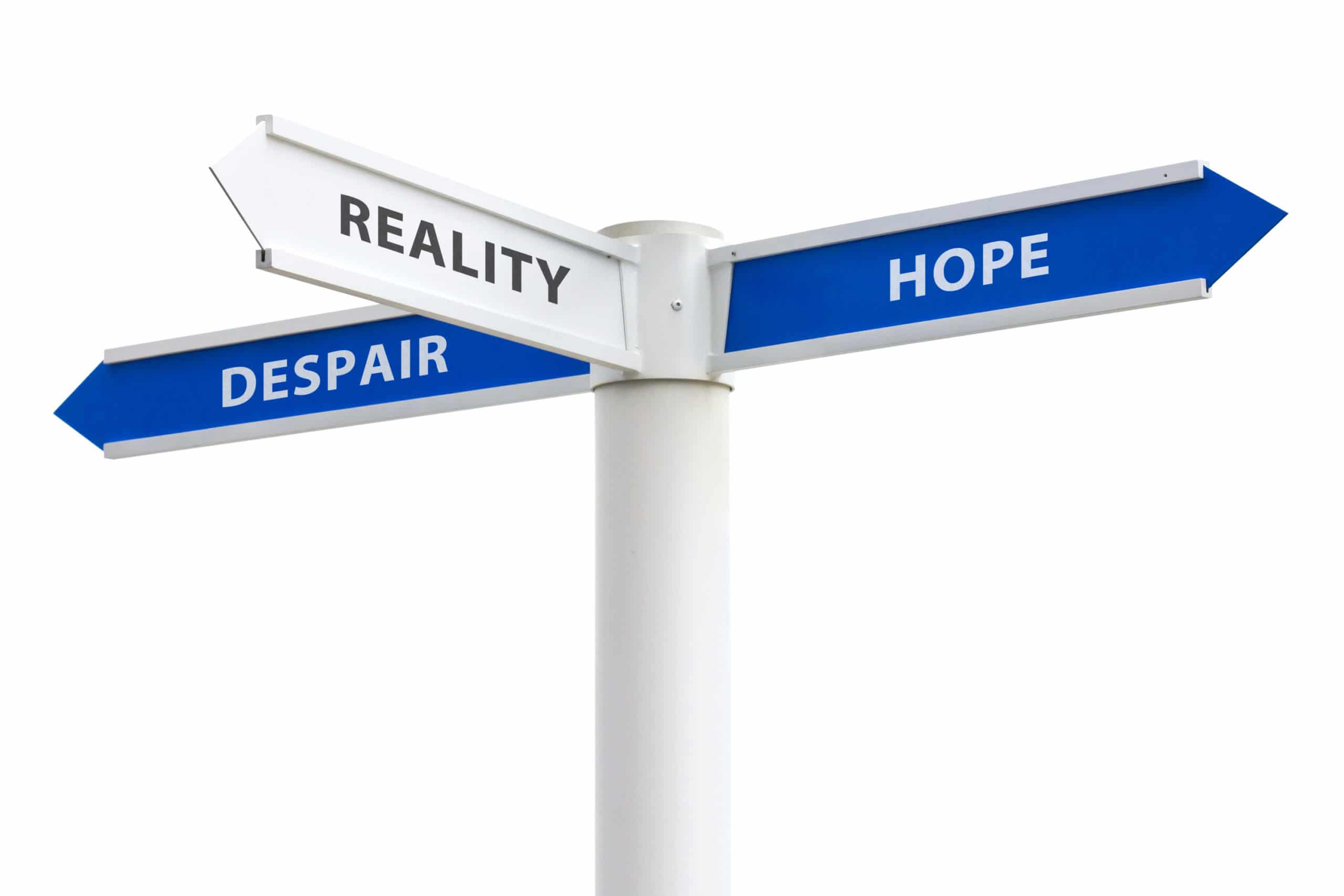
by Ligia Houben | Mar 1, 2021 | Blog US
As I was doing my walk this morning, I was pondering what life is all about and thought about the famous words of Socrates: “An unexamined life is not worth living.”
Are we taking the time to examine our life at a deep level?
It dawned on me that many of us live on auto-pilot. We wake up each morning after the alarm goes off, we prepare our coffee, get dressed, and head to work. Many of us just go through the motions.
Once we get to work, we take care of our tasks throughout the day in an automatic fashion instead of thinking, planning, instead of having a goal with meaning, instead of doing things with a purpose. Making a phone call with a purpose. Writing a report with a purpose. Talking to our loved ones with a purpose.
Moreover, we may even want to start being more mindful when we are having lunch or dinner. Because… sometimes we just eat and before we realize it, the food is gone, and we wonder: Where did it go?
The same thing happens with life. We may realize one day we just ate all the food off our plate and… we may ask ourselves:
- Where did it all go?
- What did I do with it?
- How did I spend my time?
- Did I spend it complaining or enjoying it?
- Did I spend my time loving or fighting?
- Did I spend my time helping or hurting others?
- Did I spend my time getting to know myself or ignoring my needs?
- Did I spend my time being grateful or regretting it?
- What have I done with my time?
It is when we come to such realizations that we gain more awareness of what life is all about. This realization may happen during a pivotal moment in our lives, or when confronting a huge loss. It is at that moment that we make choices. We can either dwell on the pain or transform it into an opportunity to grow, to find more meaning, to become a better version of ourselves.
People have asked me, when they know the title of my book “Transform Your Loss”, Ligia, how can we transform a loss? I respond that it all starts with our response to the loss. We cannot avoid experiencing grief, it is the natural response to loss. Still, many times it is that pain, that loss, that will help us to open our eyes to other possibilities, to open our eyes to what is important, to open our eyes to ask ourselves “What am I doing? Where am I now and where do I want to go?” Because tomorrow will be the result of the choices we make today.
It is not possible to live wandering around expecting tomorrow to be bright. It is not possible just to allow things to come into our lives – we need to make them happen. This reminds me of the words of my father, Julio C. Martínez: Success is hard work disguised as good luck.
Sometimes things happen out of luck, but most of the things we get in life at all levels – physical, social, emotional, financial, or spiritual – depend on the actions we take.
They depend on our choices.
Remember…your life has meaning!
Ligia M. Houben







